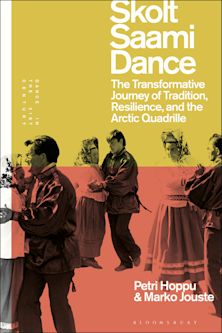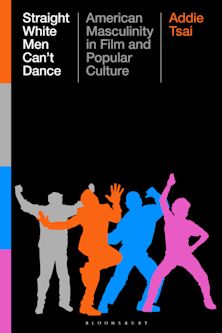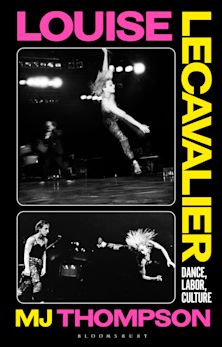Argentine Queer Tango
Dance and Sexuality Politics in Buenos Aires
Argentine Queer Tango
Dance and Sexuality Politics in Buenos Aires
For information on how we process your data, read our Privacy Policy
Description
Argentine Queer Tango: Dance and Sexuality Politics in Buenos Aires investigates changes in tango dancing in Buenos Aires during the first decade of the twenty-first century and its relationship to contemporary social and cultural transformations. Mercedes Liska focuses on one of the proposed alternatives to conventional tango, queer tango, which proposes to rethink one of the alleged icons of a national culture from a feminist conception and to imagine social transformation processes from bodily experiences. Specifically, this book analyzes the value of bodily experiences, the redefinition of the mind-body relationship, and the transformation in the dynamics of the dance from the heteronormative movements of tango. In doing so, Liska addresses the ways in which bodily techniques and gender theories are involved in the denaturing and corporeality decoding of tango and its historical senses as well as the connections between different tango dance practices spread throughout the world.
Table of Contents
Introduction
Chapter One
Tango awaits you. Revitalization
Chapter Two
Aesthetic Canon and Cultural Matrices of the Modern Body
Chapter Three
Tango that Made me Queer: Gender Activism in Dance Form
Chapter Four
From Tradition to Betrayal: Innovations in Dance Music
Chapter Five
The Mecca of Tango: Buenos Aires and Cultural Globalization
Chapter Six
On the Dance Floor
Afterword
See You on Tuesday
Bibliography
About the Author
Product details
| Published | Dec 24 2016 |
|---|---|
| Format | Ebook (Epub & Mobi) |
| Edition | 1st |
| Extent | 182 |
| ISBN | 9781498538527 |
| Imprint | Lexington Books |
| Illustrations | 11 b/w photos; |
| Series | Music, Culture, and Identity in Latin America |
| Publisher | Bloomsbury Publishing |
Reviews

ONLINE RESOURCES
Bloomsbury Collections
This book is available on Bloomsbury Collections where your library has access.



































